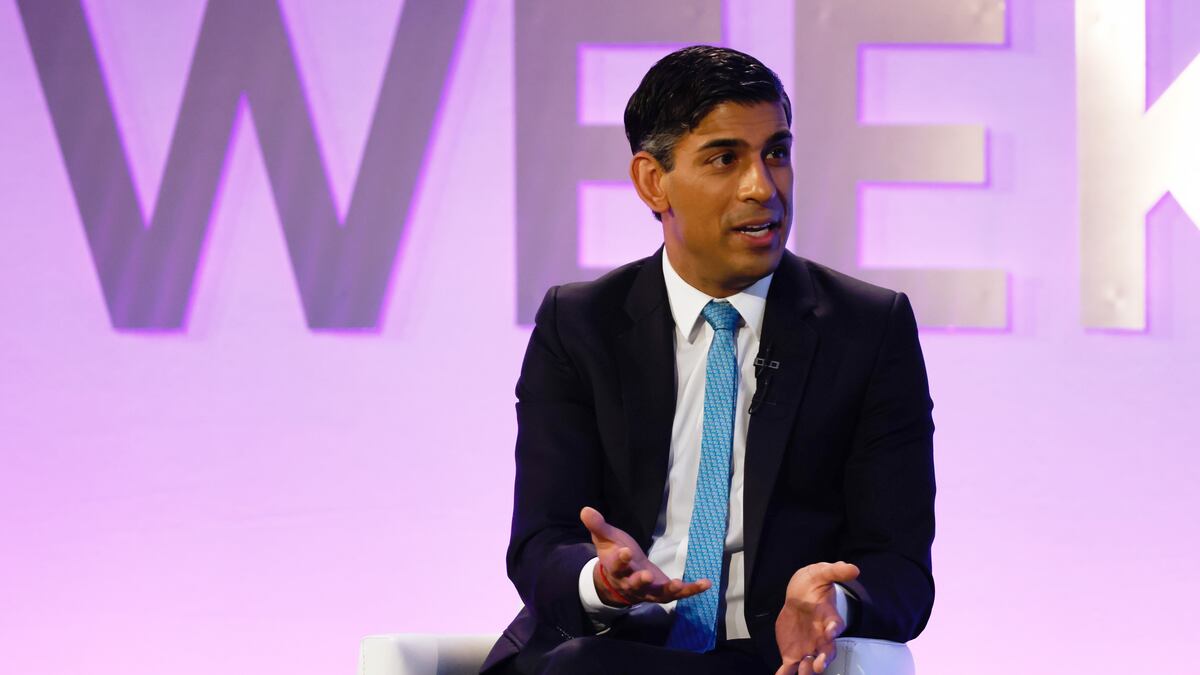- The UK Law Commission is consulting on a bill that will plug a gap in the country's laws.
- The bill will clarify how digital assets can be treated as property under the law.
- Otherwise, the commission believes the country's legal system is flexible enough to accommodate crypto — giving the UK an edge.
A version of this story appeared in our The Guidance newsletter on March 4. Sign up here.
UK Prime Minister Rishi Sunak’s government is on the cusp of getting a crypto boost.
The UK Law Commission — an independent body that reviews the law — recently put out a consultation on a bill.
This bill proposes to update the law of England and Wales to accommodate digital assets as property.
Why is that important?
Imagine you own Bitcoin and you send some to a friend. That seems like a straightforward transaction — you owned that Bitcoin, and now your friend owns it.
But under UK law, the ownership of that Bitcoin might actually be uncertain.
While there are clear precedents about who owns things like cars, money in bank accounts, or stock in a company, that’s not the case for crypto.
The Law Commission has considered for a while whether the common law — that is, law derived from precedents rather than from statutes — is flexible enough to allow for digital assets as property.
The commission decided that, yes, on the whole it is.
So lawmakers don’t need to make new laws to accommodate crypto.
That gives the UK a real edge over other countries with less flexible civil law systems, which have had to write new laws for digital assets.
“We’ve now got a situation where all the EU member states that haven’t done so already have to scramble around and figure out whether and how to change the basic property laws,” Oliver Linch, CEO of Bittrex Global, told me.
“All the UK’s got left to do is the comparatively straightforward regulatory side of things.”
Back when he was finance minister, Sunak pledged to turn the UK into a crypto hub.
However, one gap remains in the common law, the commission found.
Property in the UK can be tangible assets like a car or cash, or rights to intangible things, such as a stock in a company. Digital assets, however, don’t fall neatly into either category.
So the Law Commission proposed a draft law to patch that gap.
Deadline for public comment on the bill is March 22, and it then goes on to Parliament to be passed into law.
That means legal clarity for the UK, and a boost to Sunak’s crypto dreams.
Email me joanna@dlnews.com, or Telegram @joannallama.
